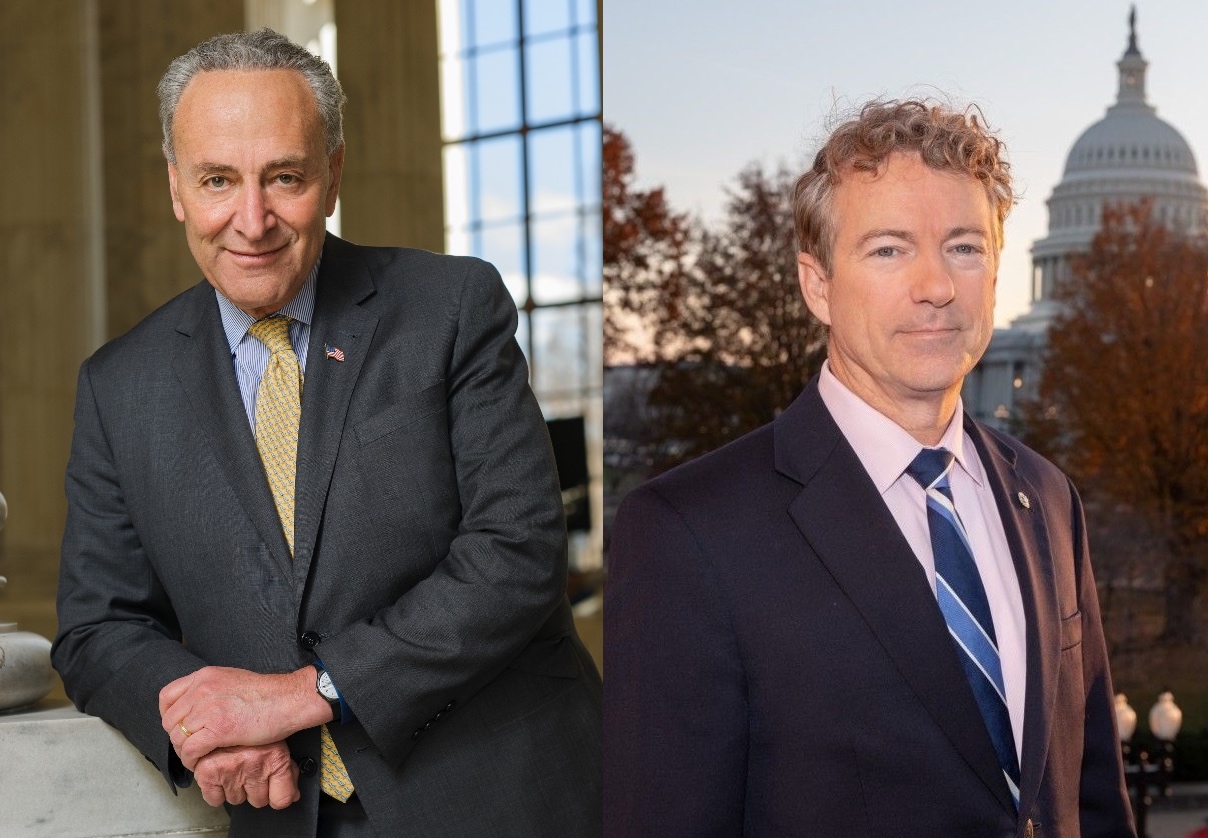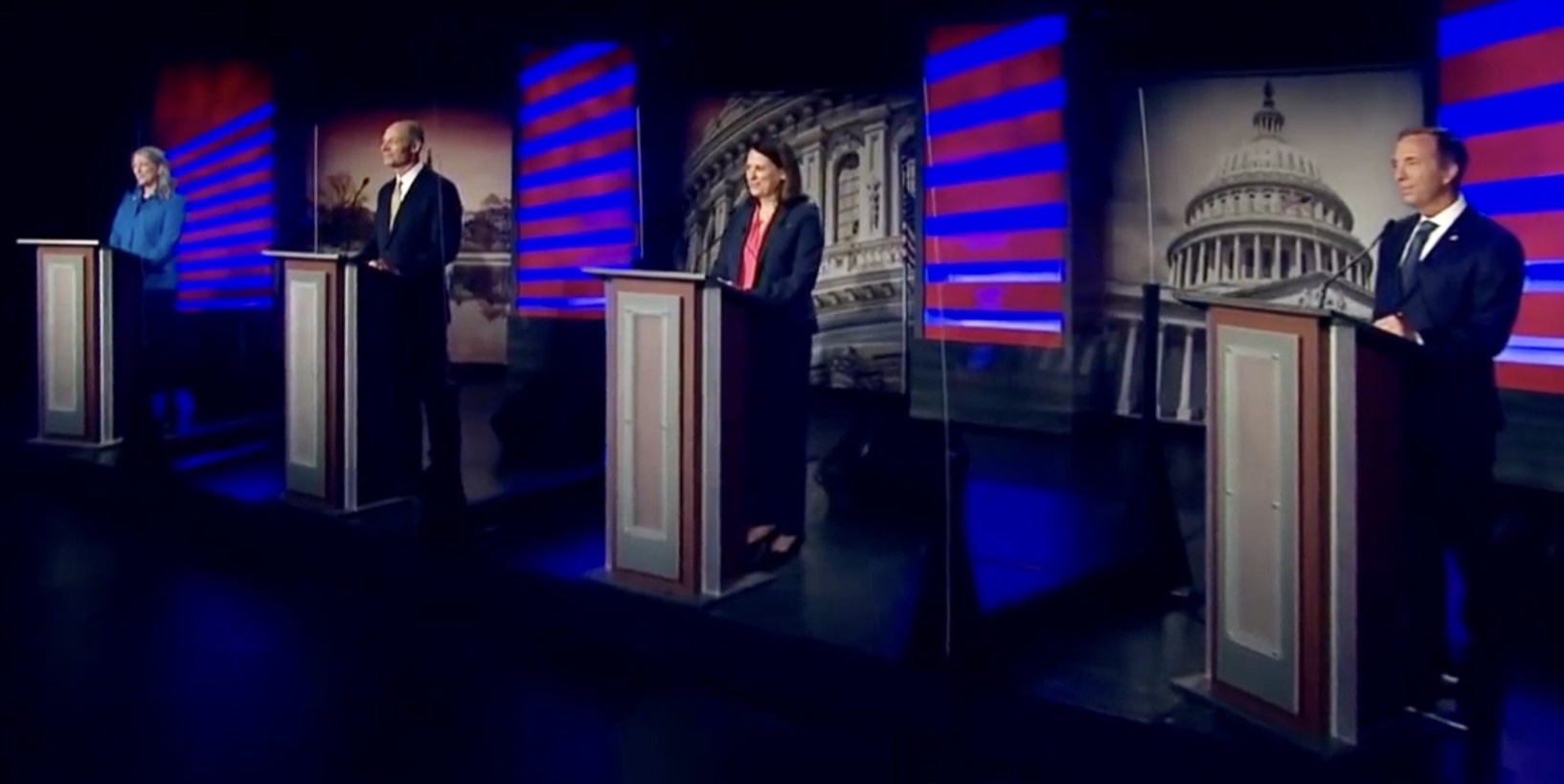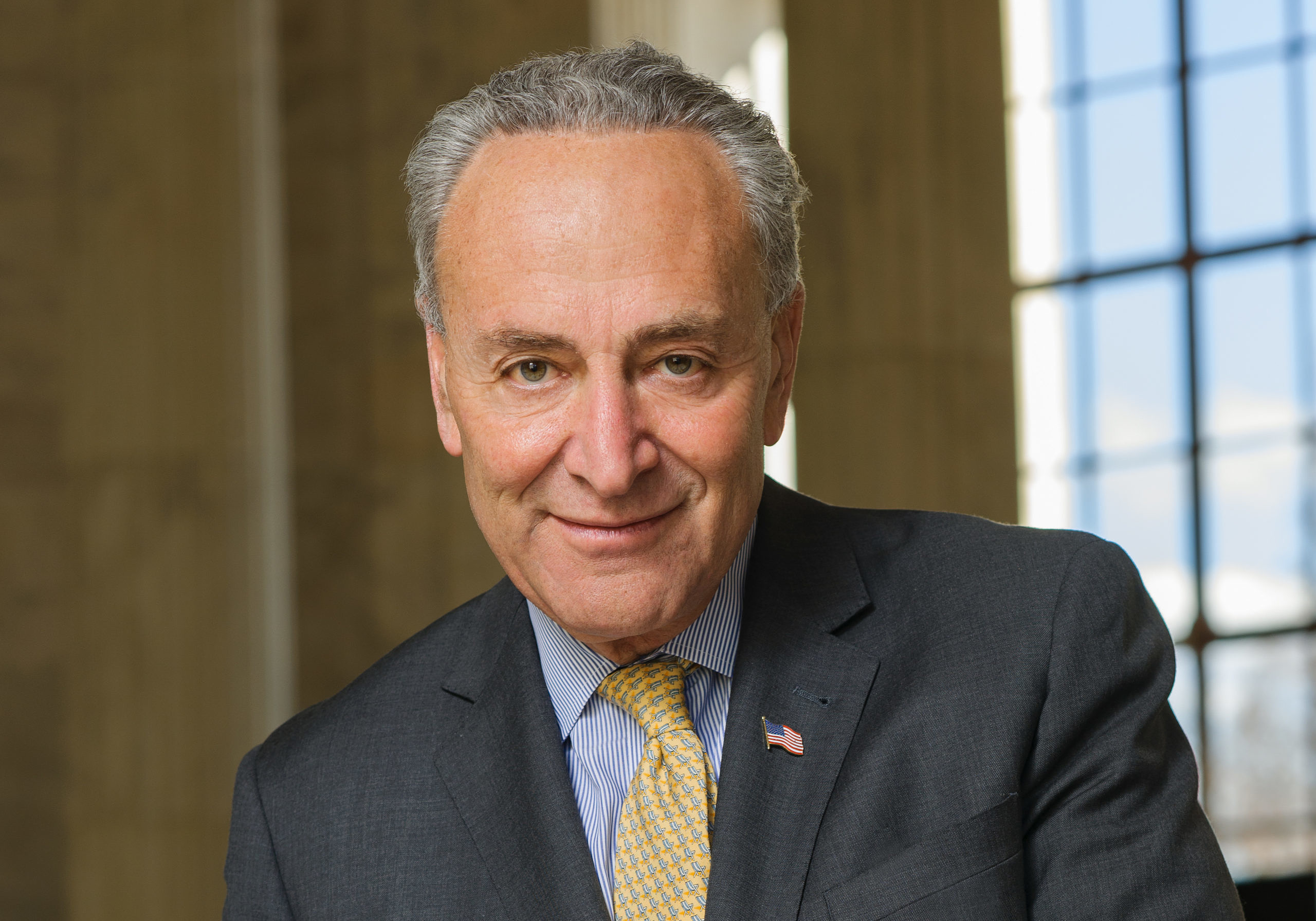Such as the revolving door between Congress and corporate lobbyists:
The nation’s largest insurers, hospitals and medical groups have hired more than 350 former government staff members and retired members of Congress in hopes of influencing their old bosses and colleagues, according to an analysis of lobbying disclosures and other records. […]
Nearly half of the insiders previously worked for the key committees and lawmakers, including Sens. Max Baucus (D-Mont.) and Charles E. Grassley (R-Iowa), debating whether to adopt a public insurance option opposed by major industry groups. At least 10 others have been members of Congress, such as former House majority leaders Richard K. Armey (R-Tex.) and Richard A. Gephardt (D-Mo.), both of whom represent a New Jersey pharmaceutical firm.
The hirings are part of a record-breaking influence campaign by the health-care industry, which is spending more than $1.4 million a day on lobbying in the current fight, according to disclosure records. And even in a city where lobbying is a part of life, the scale of the effort has drawn attention. For example, the Pharmaceutical Research and Manufacturers of America (PhRMA) doubled its spending to nearly $7 million in the first quarter of 2009, followed by Pfizer, with more than $6 million.
So corporate groups are spending $1.4 million a day on lobbying to block a real public health insurance option, which most Americans want.
That’s on top of the millions of dollars the same corporate groups have donated directly to Congressional campaigns. Iowa’s Senator Chuck Grassley has taken hundreds of thousands of dollars from the industries with the most at stake in health care reform.
Members of Congress claim lobbyists and campaign money don’t shape their opinions, but Grassley should know better. He understands that big money from pharmaceutical companies can influence the conclusions of medical researchers–why not elected officials?
Nate Silver has found strong evidence that special-interest money affects Democratic senators’ support for the public option in health care reform.
By the way, I wasn’t too cheered by Senator Chuck Schumer’s promise over the weekend that the health care bill will contain a public option. The current draft in the Senate Committee on Health, Education, Labor and Pensions excludes lots of people from choosing the public option over their current health insurance. That will limit competition for the private insurers that have near-monopolies in many markets.
Back in 2003 all the Democratic presidential candidates talked a good game on health care. Now Dick “this is a moral issue” Gephardt is lobbying for a pharmaceutical company. I’ll stand with Howard Dean and hope that John Edwards was wrong about the system being rigged because corporations have too much power in Washington.
Final note: Moveon.org is organizing health care rallies this Thursday, July 9, at senators’ offices in their home states. Sign up here to attend a rally near you.
Continue Reading...




